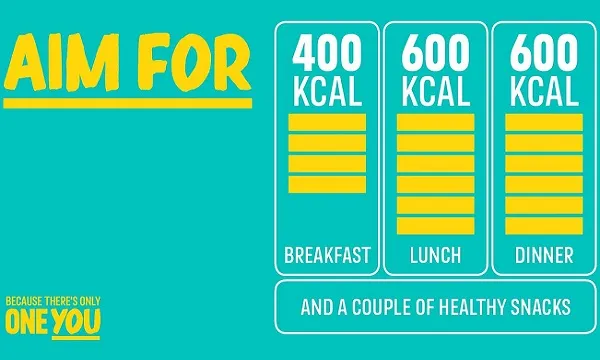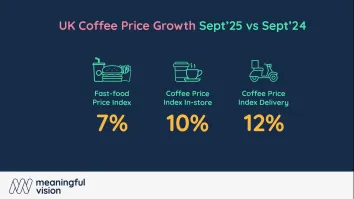
Hospitality industry responds to PHE's Calorie Reduction report
UKHospitality warned Public Health England (PHE) not to overburden hospitality as it unveiled its Calorie Reduction report.
The report unveiled new evidence surrounding childhood and adult obesity as well as further measures to combat the problem, including a challenge to the food industry to reduce calories in products consumed by families by 20% by 2024, along with the launch of the latest One You campaign, encouraging adults to consume 400 calories at breakfast, and 600 for lunch and dinner.
UKHospitality and its members are strongly committed to working with policymakers to address the complex and multi-faceted causes of obesity, and are playing their part by educating the hospitality workforce on developing, preparing and promoting healthier meals.
Manufacturers, distributers and caterers have long been making significant, costly contributions to improve the nutrition of products and provide healthier alternative choices for its customers, despite punishing commercial conditions and unrelenting pressure on margins. UKHospitality will continue to liaise with PHE and the Department of Health in pursuit of our shared ambition to reduce childhood and adulthood obesity.
UKHospitality chief executive Kate Nicholls said, “The hospitality industry has a long track record of promoting healthy lifestyles though reformulating recipes; offering healthier options; and reducing sugar, salt, fat and calories in meal options. To help support businesses, last year we produced an Industry Nutrition Guide to help every chef and catering manager in the UK provide healthier choices for customers.
“In order to build on this progress, it is crucial that government initiatives do not place undue pressure on businesses, which may derail ongoing work to promote healthy lifestyles. In meetings, UKHospitality have repeatedly raised issues with PHE about its sugar programme – ‘Sugar reduction: achieving the 20%’ – and its data collection methodology, which precludes many businesses from engaging and demonstrating their good work. The new calorie reduction programme will, too, be a tough ask for many within the catering industry because, unlike retailers and manufacturers, menus and recipes come in all shapes and sizes.
“There is also a question surrounding cost for hospitality operators. Our members have consistently altered menu choices – at great expense – to reduce calories and provide healthier options. With severe pressure on hospitality businesses across the board, demonstrated by recent restaurant closures, now is not the time to put further stress on operators to meet targets. We also believe that ensuring good nutrition and reducing the level of childhood obesity requires a holistic approach. We would like to see industry efforts to tackle childhood obesity complemented by a stronger emphasis on nutrition and physical exercise in the school curriculum, as well as a significantly improved education around food for children and adults alike," she concluded.


























